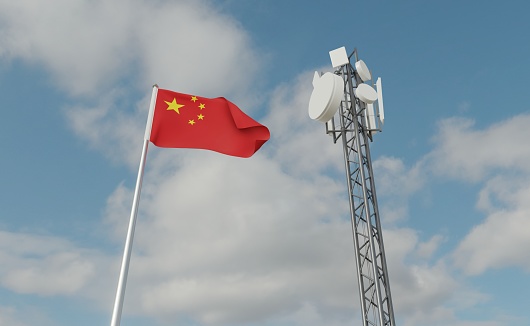
China Successfully Sends 9 Satellites Into Space
In the first commercial launch of a rocket from a platform at sea, China has successfully placed nine satellites into orbit, state media announced on Wednesday. In the first commercial launch at sea, a Chinese Long March-11 carrier rocket carrying nine satellites was launched from a platform in the Yellow Sea Tuesday morning.
The Long March 11 rocket from the Yellow Sea deployed the satellites, one of which belonged to the video-sharing site Bilibili on Tuesday, media said.
It is designed to be deployed rapidly and is primarily used to carry small satellites from mobile launch sites such as a ship. In June last year, the rocket made its first sea launch.
LI Zongli, the director of the Taiyuan Satellite launch center said sea launch platforms will increase the number of launch areas in China, increase launch efficiency and make launches safer and more versatile.
China has three launch centers for inland space, where used rocket stages return to earth and often pose a danger to populated areas. This risk will be minimized by Sea Launches.

In recent years, China has made its space program a top priority, as it races to catch up with the US and become a global space force by 2030.
The launch mission was carried out by the De Bo 3, one of China’s largest tugboats with a maximum load capacity of 20,500 tonnes. According to the China Aerospace Science and Technology Corporation (CASTC), Peng Kunya, the designer in chief carried out the Long March 11 rocket, said that the sea launch shortened the distance from the rocket manufacturing site to the launch pad, which greatly improved service performance.
The Jilin-1 Gaofen-03 (Jilin-1 High Resolution-03) satellites were developed by Chang Guang Satellite Technology Company and are a group of nine satellites, including three video satellites and six push-broom satellites.
The nine new members will join the Jilin-1 constellation group, which will provide richer remote sensing data and product service to users in the forestry, agriculture, grassland, ocean, energy, environment, and other industries.
The Jilin-1 is the first Remote Sensing Satellite built for commercial use by China. The collected data would be used to predict and mitigate geological hazards, as well as shorten the time scale for natural resource exploration.


